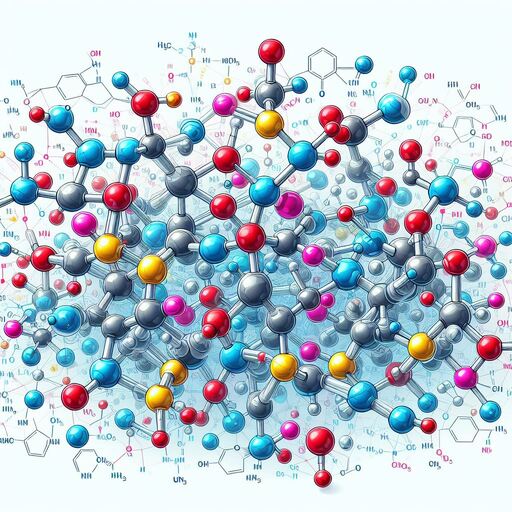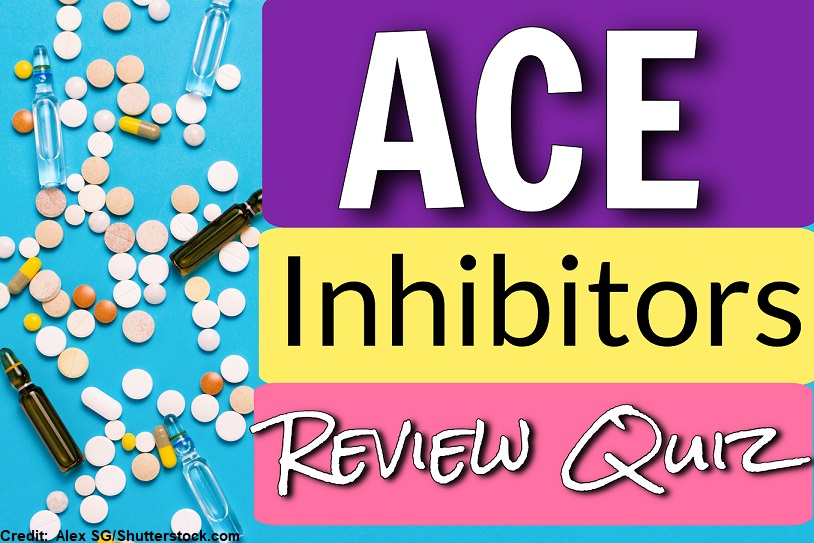ACE inhibitors, also known as angiotensin-converting enzyme (ACE) inhibitors, are a type of medication that is used to lower blood pressure. They work by blocking the action of an enzyme called angiotensin converting enzyme, which is responsible for converting the hormone angiotensin II into a less potent form.
Angiotensin II is a powerful vasoconstrictor that causes blood vessels to constrict and blood pressure to increase. By blocking the action of angiotensin II, ACE inhibitors cause blood vessels to relax and blood pressure to decrease.
ACE inhibitors are commonly used to treat high blood pressure (hypertension) and may also be used to treat heart failure and diabetic nephropathy. They are generally considered safe and effective, but like all medications, they can have side effects. Common side effects of ACE inhibitors include headaches, dizziness, dry cough, and hoarseness.
It’s important to talk to your healthcare provider before taking ACE inhibitors, as they may not be appropriate for everyone. Additionally, if you are taking other medications or have certain medical conditions, it’s important to discuss any potential interactions or complications with your doctor before starting treatment.

